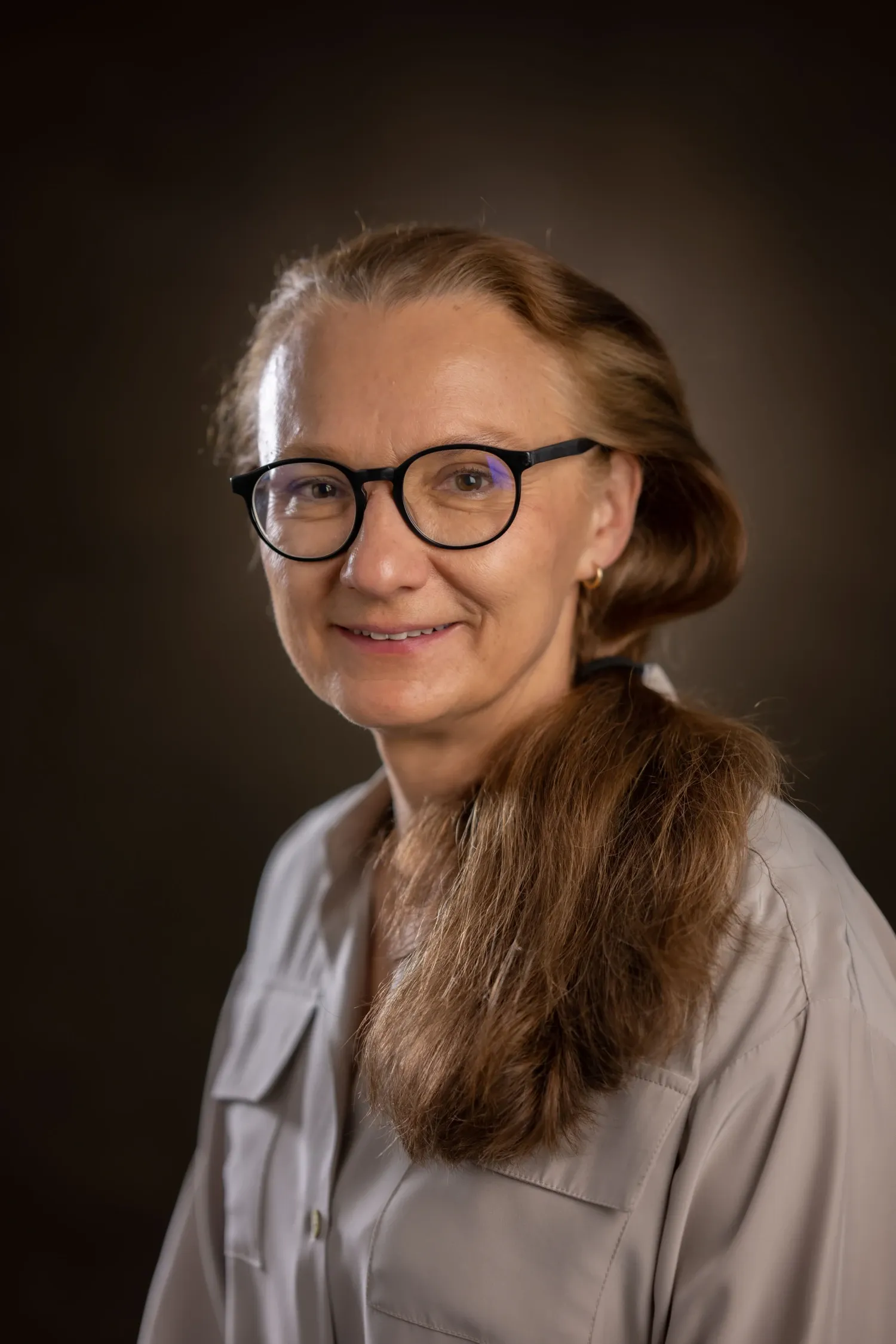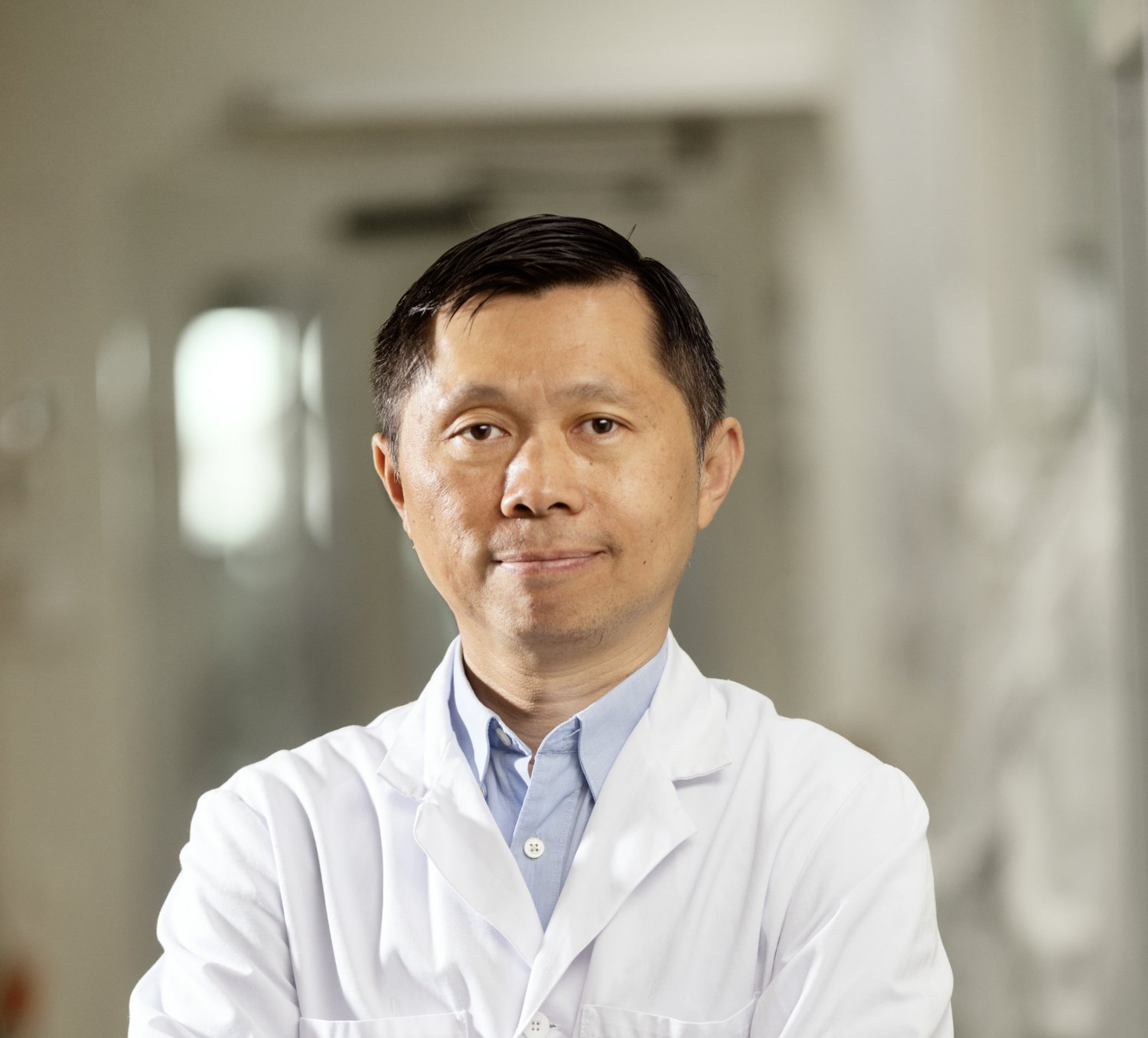Our Teams
The medical genetics group includes teams of researchers and research students lead by the Principal Investigators Catharina Larsson, Weng-Onn Lui, and Svetlana Bajalica Lagercrantz, respectively.
Catharina Larsson's research profile
Endocrine tumors are found throughout the human body, with the most commonly known originating in the parathyroid glands, the thyroid, the adrenals or neuro-endocrine cells of the abdomen. The endocrine tumor entity encompasses the entire spectrum from indolent and benign to mankind's worst cancer forms. Recognition of malignancy, prognostication and treatment of potentially aggressive disease are clinical challenges. Furthermore, genetic predisposition is relatively common involving one or more tumor locations and other associated phenotypes. In addition, many endocrine tumors produce hormones that give rise to severe symptoms, although the tumors themselves may not be a threat to the patient. Several principally different mechanisms and molecular events are involved in tumor risk, etiology and development.
Telomerase related alterations have been found to be important for the development of aggressive disease and our studies aim to identify such telomerase activating alterations as well as how the TERT gene can be regulated in cancer for example by ETS transcription factors which may also affect the microRNA machinery. Other ongoing projects concern identification of new tumor driving genes and their function in genetic risk and tumor progression as well as changes in ion channel expression and impact on tumor growth and function.


